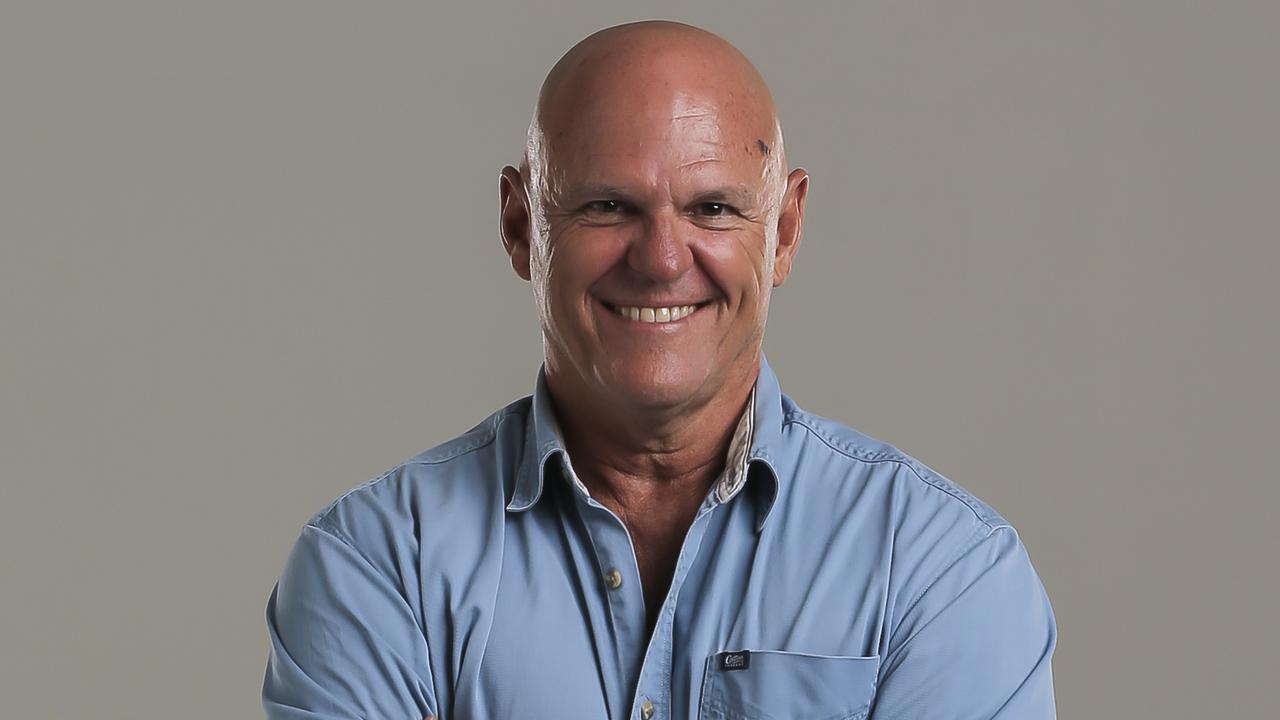Treatment of South Sea Islanders in sugar industry a sorry part of Queensland history
SOUTH Sea Islanders were the backbone of Queensland’s economy, labouring in our sugar industry under brutal conditions with no recognition and even fewer rights, writes Michael Madigan

Opinion
Don't miss out on the headlines from Opinion. Followed categories will be added to My News.
IT HAS always been Queensland’s dirty little secret, and it seems to endure, even in this enlightened age when we’re all supposed to be “woke’’ to the plight of minorities dealt a raw deal by history.
Queensland’s South Sea Islanders are not exactly a forgotten people – they’re more an overlooked, “also ran’’ race which this state, for some inexplicable reason, never fully recognised or embraced, despite their truly extraordinary history.

South Sea Islanders can, without resorting to any form of hyperbole, lay credible claim to having laid down the economic foundations of the state of Queensland.
And they did so not by financial theorising or “entrepreneurial initiative”, but by the literal sweat of their brow – by hard, brutal, and often lethal, physical labour.
They created the Queensland sugar industry, clearing land and planting, cultivating and harvesting sugarcane by hand in a time when (quite seriously) European men were believed to be physically incapable of working outdoors in a tropical climate.
About 60,000 of them arrived (many unwillingly) between 1863 and the turn of the 20th century from far-flung paradises such as the Loyalty Islands off New Caledonia, and the eastern archipelagos of Papua New Guinea, Tuvalu and Kiribati, Vanuatu and the Solomon Islands.
Decades after the British passed the William Wilberforce-inspired Slavery Abolition Act in 1833, the overseer’s whip was still coming down hard on the bloodied backs of South Sea Islanders toiling in our sugarcane fields.
The debate on whether they were “slaves’’ or “indentured servants’’ is almost moot – no one familiar with historical records contests that South Sea Islanders were sometimes kidnapped from their island homes, subjected to violence if their work faltered, held against their will, and routinely buried in the cane field where they fell.

When Australia became a nation in 1901, one of our first gifts to these extraordinary people was to attempt to expel them under the embryonic form of what became the White Australia policy.
That many families successfully appealed that racially inspired attempt at excommunication is to Australia’s benefit – benefits that extend well beyond Bundaberg-born Mal Meninga’s coaching of the national rugby league team.
They may have been only formally recognised as a people in Queensland in 2000, and only counted in the national Census for the first time in 2016, but in sugar towns up the Queensland coast, thousands of ordinary South Sea Islanders have for generations been making extraordinary contributions to their communities.
The Fatnownas, the Trevi family, the Bobongies are all highly regarded names throughout the north, while the Andrew family this year produced the first South Sea Islander in an Australian Parliament, in the form of the Member for Mirani, Stephen Andrew.
That Stephen, a grandson of the venerable Cedric Andrew, who was a direct descendant of plantation workers, was not given the dignity of official recognition when the 56th Queensland Parliament opened in February was an insult to the community, but one that hardly surprises.

Brian Courtice, an ex-federal Labor MP whose historic farm outside Bundaberg hosts 29 heritage-listed graves of South Sea Islander workers buried where they fell, has for decades pondered why a people so vital to the state’s success should be so routinely ignored.
Last May Courtice wrote a formal letter to the British High Commission asking that “Her Majesty’s Government’’ consider an apology to the descendants of South Sea Islanders, the bulk of whom live in Queensland.
“No reply yet,’’ says Courtice, who for decades has documented both the plight and achievements of a community that continues to contribute so much and demand so little.
South Sea Islanders did have an indirect win on the international stage recently.
Journalist Nance Haxton, who compiled an excellent ABC series on South Sea Islander sugar and cotton workers, took out silver and bronze awards at the World’s Best Radio Program awards in New York last month.
Appropriately, Haxton dedicated her awards to the descendants of those worthy men and women still living in Australia today.


